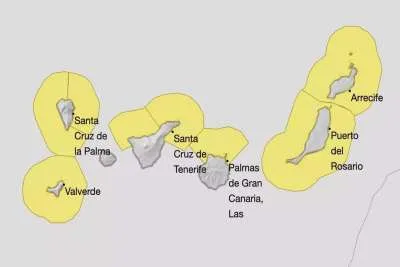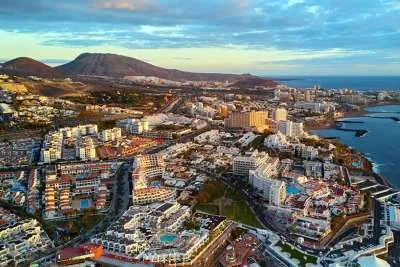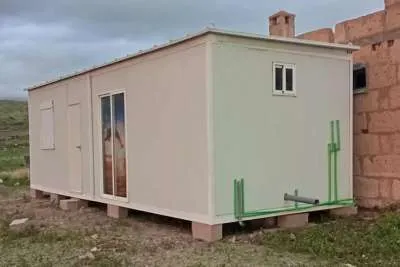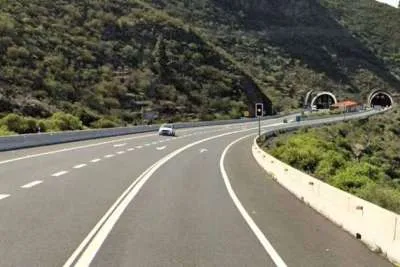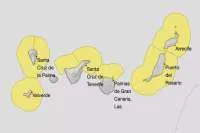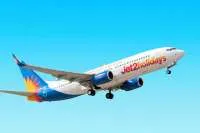Ryanair threatens to cut one million flight seats leaving the Canary Islands on edge
- 27-08-2025
- Business
- Canarian Weekly
- Photo Credit: CW Stock Image
Ryanair has warned that it will slash almost one million seats across Spain’s regional airports next summer, in direct response to AENA’s recently announced rise in airport charges. The news, to be formally confirmed at a press conference in Madrid next Wednesday, has sparked concern in the Canary Islands, where tourism and connectivity rely heavily on affordable air travel.
Eddie Wilson, CEO of the Irish low-cost airline, told Europa Press that the move is necessary due to the “indifference” of the Spanish government, which he accuses of allowing regional airport infrastructure to “deteriorate and remain underused”.
“We will invest where we can get a return,” Wilson said, pointing out that many Spanish regional airports are operating at around 70% empty, which he blames on a “broken pricing structure”.
AENA fee rise sparks backlash
AENA, the partly state-owned airport operator, has confirmed a 6.5% increase in airport charges from 2026, raising the fee per passenger to €11.03. Ryanair calls the rise “unjustified and damaging”, highlighting that it comes at a time when AENA is reporting record passenger numbers and profits.
Wilson argues that while other European countries such as Italy, Sweden, Hungary and Croatia are cutting airport fees to attract traffic, Spain is doing the opposite. “If the lowest-cost airline in Europe cannot make these airports work, then nobody can,” he warned.
Impact on Spain’s regions – and the Canary Islands
Ryanair, Spain’s largest airline by passenger numbers, says the cuts will fall hardest on regional airports, particularly in areas known as “Empty Spain”, where residents depend on low-cost routes for jobs, tourism and connectivity.
“The result will be fewer passengers, fewer jobs, fewer connections and fewer opportunities for tourism,” Wilson said, warning that Spain risks losing traffic to more competitive markets such as Morocco, Italy and Eastern Europe.
Although Ryanair intends to continue growing in major airports including Madrid, Barcelona, Málaga, and those in the Balearics and Canary Islands, smaller airports will face severe reductions. The company has already scaled back in Spain this summer, withdrawing from Jerez and Valladolid, cutting one based aircraft in Santiago, and reducing traffic at Vigo, Zaragoza, Asturias and Santander.
In total, Ryanair operated 18% fewer seats this summer in Spain compared to last year, losing 800,000 seats and 12 routes.
A call for urgent reform
Wilson has accused AENA of abusing its monopoly by raising prices, while criticising the Spanish government for failing to respond to Ryanair’s requests for dialogue.
“It seems the government is happy to let regional airports wither, and AENA shows no intention of trying alternative models,” he said. As a solution, Ryanair suggests transferring management of smaller airports to regional governments, or even selling them outright to make them competitive.
He drew a stark comparison: “If these were hotels, with that level of occupancy, they would already be closed.”
What it means for travellers
For residents and tourists in the Canary Islands, the immediate impact is less severe than in mainland Spain. Ryanair continues to grow at the main airports in Tenerife, Gran Canaria, Lanzarote and Fuerteventura. However, Wilson made clear that if Spain continues on this path, future investment could be redirected elsewhere.
“Without urgent action, Spain risks losing more capacity and investment while competitors prosper,” he warned.
















